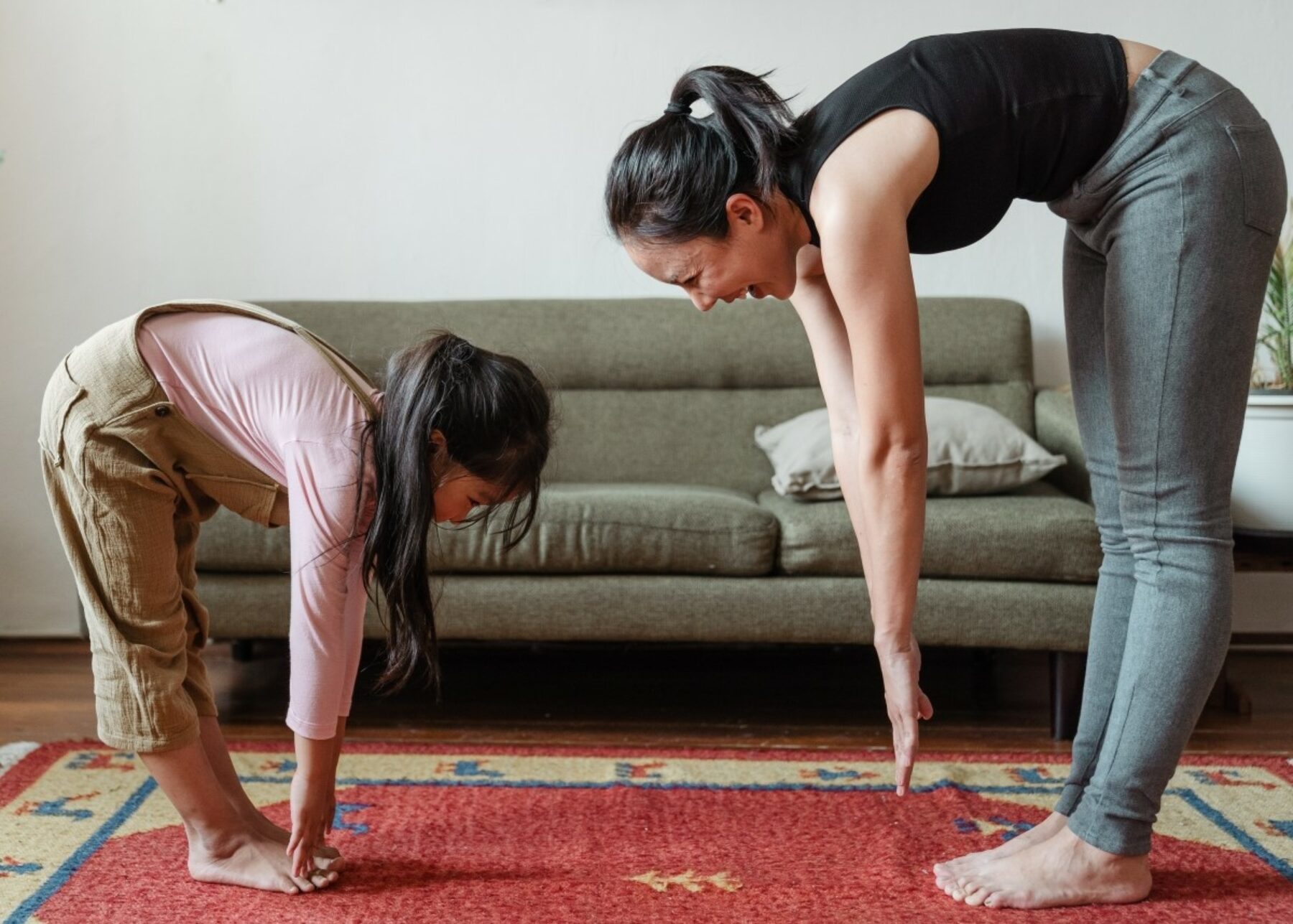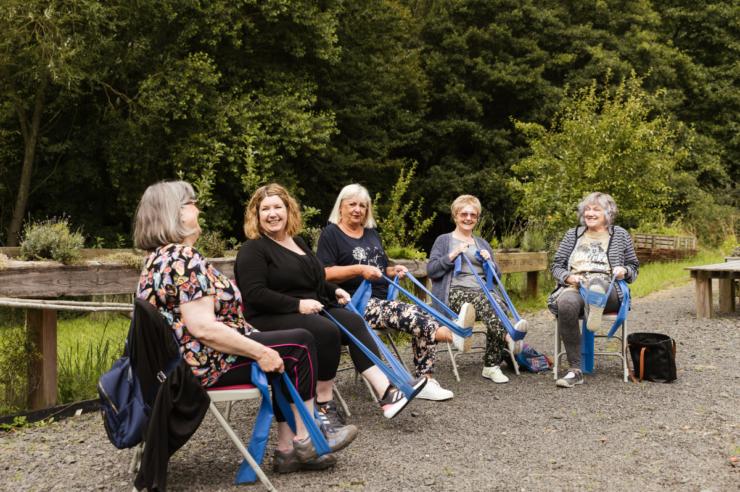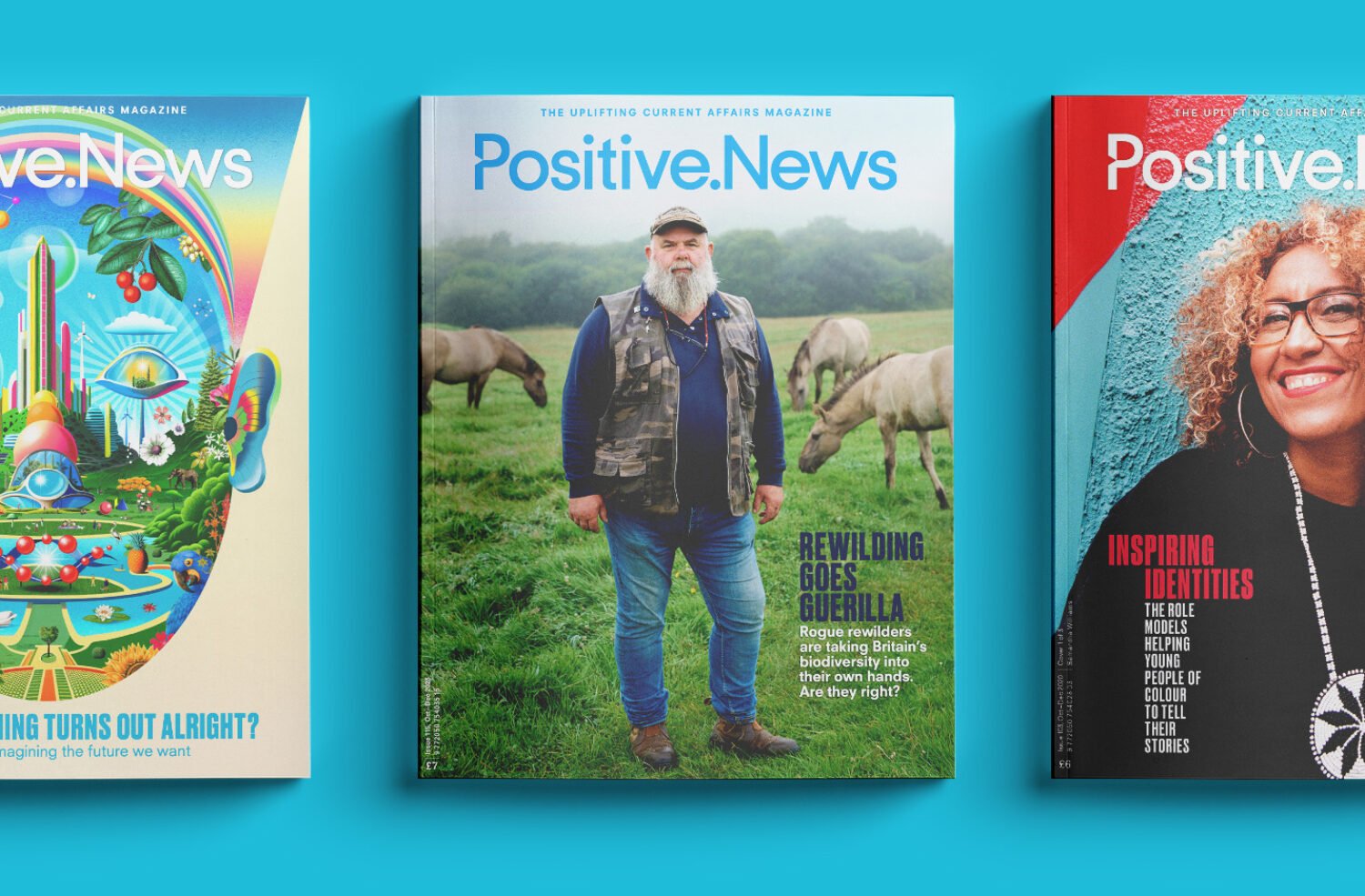Now that ‘self-care’ has been monetised to within an inch of its scented candle-lit life, what truly bolsters our mental health? Ahead of World Mental Health Day on Tuesday, we ask the experts

Your mind as well as your body get a mood-boosting workout from physical activity. It releases feelgood endorphins, reduces stress hormones and aids relaxation. Research shows it can be 1.5 times more effective than counselling and medication at managing depression. Short, high intensity exercise works best, but experts say all forms of physical activity are beneficial – and no one’s suggesting you have to sign up to a marathon unless you want to.
“Create opportunities to move,” suggests psychologist and wellness expert Lee Chambers. “Station things further away, park further away from the entrance and take the stairs. Let the blood flow to your brain.”
Image: Andrea Piacquadio

Just as important as physical activity is getting enough rest. Popular opinion suggests we need at least eight hours within every 24 to recharge the batteries, but sleep expert prof Russell Foster cautions against fretting over our nightly 40 winks. Some people will need more, and some less. And for some, parenting or caring responsibilities – not to mention chronic pain or insomnia – mean it’s just impossible. Foster recommends getting as much bright morning sunlight as possible to calibrate your internal body clock and regulate your sleep-wake cycle.
Image: Ketut Subiyanto

If you’ve ever felt the reviving rush of the wind on your cheeks or found your inner calm below creaking forest boughs, you’ll be well accustomed to nature’s healing power. Research shows that nature-connectedness equates to better mental and physical wellbeing, and – for many – it will be fresh in the mind as a vital antidote to stifling pandemic restrictions. It doesn’t have to be a far-flung hike or camp: find a patch of sunshine to spend a moment absorbing. Or look for patterns in nature on your commute or school run, from the veins of a leaf to the contours of tree bark.
Image: Tatiana Syrikova

Science is slowly unravelling the mysterious link between our microbiome, the bacteria and other microorganisms in our guts and bodily tissues, and our state of mind. One study found that adding probiotics into the diet reduced stress in volunteers. Another points to the link between gut bacteria and depression. Overall, keeping those bugs happy with a varied, plant-rich diet complemented with fermented foods is another way to aid your mental wellbeing. The mental health charity Mind has some useful tips on links between various foods and mental health too.
Image: Anna Pelzer

Loneliness and social isolation can lead to a downward spiral, exacerbating depression and anxiety which, in turn, can make it even tougher to connect. Put the effort in to maintaining your inner circle, and check in with people you’ve drifted from and wish to reconnect to. A call out of the blue can be more impactful than you might realise. There are more tips from the NHS here.
Image: Askar Abayev

It can be a good way to connect with others, but as well as being a drain on productivity, heavy social media use has been shown to negatively impact our mental health, increasing risks of depression, anxiety and low self-esteem. There’s a simply(ish) solution – to use it less. It can be challenging to break the habit, but one study from the University of Swansea found that reducing use by just 15 minutes a day improves mental health.
Image: Antoni Shkraba

Looking outward from your own bubble and being part of something bigger than yourself is good for your own wellbeing and that of your community. Even small acts of kindness go a long way: they’ll give you a sense of purpose and self-worth while stimulating the brain’s reward circuit, boosting positivity and pleasure. For volunteering opportunities, check out Reach Volunteering, Volunteering Matters, and Do It. Or find a local volunteer centre here.
Image: Anna Shvets

Pay attention to your thoughts and feelings and try to put names to your emotions, without judging or belittling them. Recognise that feeling any particular way doesn’t make you weak or stupid, and give consideration to events in your life that may have affected your habitual ways of thinking, or capacity to cope with challenges. Journaling or simply making a few notes can help. Counselling and therapy, while out of financial reach of many, can provide life-enhancing insight into how you tick. Search for a professional via the British Association for Counsellors and Psychotherapists: many offer discounted introductory sessions and affordable rates for those on lower incomes.
Image: Cottonbro studio

The desire for acceptance is a deep-rooted instinct: we all want to belong, to be safe and secure. Feeling accepted also increases self-confidence and makes us feel valued and validated. Getting involved with a club or group activity is one good way of meeting new, like-minded souls. Try to surround yourself with people who support your growth, and open up to others when you feel safe to. Being vulnerable can often give others the permission to do the same.
Image: Uriel Mont

Psychologists say that a curious mindset is a superpower against anxiety, tempering stress and that it can even help cope with feelings like uncertainty. Similarly to volunteering, it also lights up the brain’s reward centres, delivering a dopamine boost whenever we learn something new or achieve a cherished goal.
Those at the Mental Health Foundation suggest planning things to look forward to as a way of helping us to cope with difficult situations. It could be small, from carving out time to watch your favourite TV programme, to planning a holiday or even booking a day of annual leave to spend some time doing what makes you feel great. “Decide what you’ll do, when and with who and, if needed, book it,” they say.
Image: Dushawn Jovic
Main image: Ketut Subiyanto
You’re the solution that Positive News needs
Our small, dedicated team is passionate about building a better alternative to the negative news media. And there’s never been a greater urgency to our mission.
But to invest in producing all the solutions journalism that the world is longing for, we need funding. And because we work in your interests – not those of a wealthy media mogul or corporate owner – we’re asking readers like you to get behind our team, by making a regular contribution as a Positive News supporter.
Give once from just £1, or join 1,200+ others who contribute an average of £3 or more per month.
Join our community today, and together, we’ll change the news for good.






